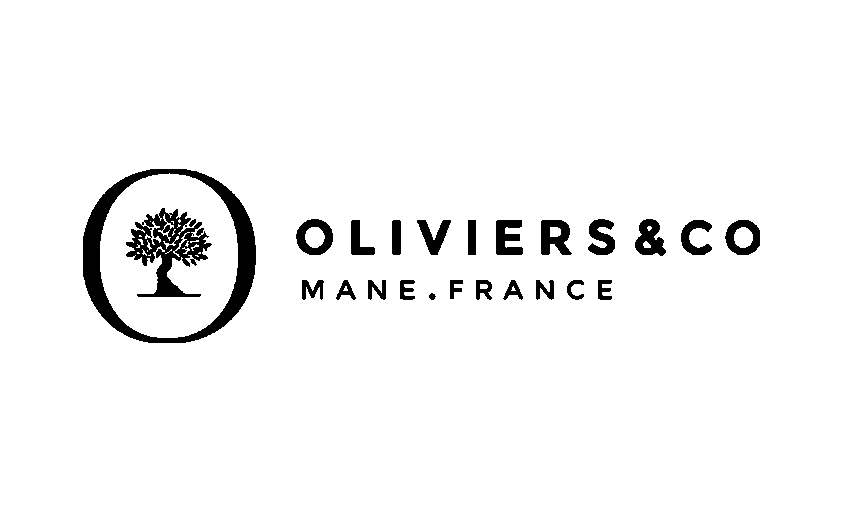13 Key Points to Know About the Business Finder Agreement
In this article :
At Rétines, we have implemented a structured program to collaborate with business introducers. It’s a lever we use with precision to activate certain networks, open targeted opportunities, or develop channels we couldn’t cover on our own.
For this relationship to work, however, it must be clear, structured, and balanced. The contract is the fundamental tool for establishing this framework. It’s not an accessory document; it guarantees a healthy collaboration, preventing misunderstandings and misinterpretations. Here are the 13 essential points to know before signing (or proposing) a business introducer agreement.
1. A contract is mandatory as soon as there is remuneration
As soon as a company pays a commission to an introducer, a written contract is essential. Without a clear document, the risk of disputes or reclassification is high.
2. It grants no sales mandate
The introducer does not negotiate, sell, or legally represent the company. The contract must explicitly state this limitation to avoid confusion with a commercial agent.
3.The remuneration clause must be precise
The contract should detail the form (fixed, percentage, or mixed), the calculation basis (excluding or including taxes), exclusions (discounts, fees), and, most importantly, the trigger for payment (signature, payment receipt, client validation, etc.).
4. Define the validity period of the introduction
It’s important to specify how long a referral is eligible for commission. Common practice ranges from 6 to 12 months. Beyond that, no payment is due if the sale occurs later.
5. Include a confidentiality clause
The introducer may access sensitive business information. A clause should regulate the protection of this data during and after the collaboration.
6. The company retains the right to refuse an introduction
An introduction does not equal commitment. The contract can specify that the company remains free to accept or reject a proposed client without justification or obligation to pay a commission.
7. Provide for potential tiers or bonuses
Some contracts include incentives: progressive commission rates, volume bonuses, or sector-specific premiums. These must be clear, measurable, and aligned with the company’s strategy.
8. Mention the introducer’s tax obligations
The introducer must be able to issue a valid invoice. Below a certain threshold (about €265 gross per year), no formal status is required, but above that, registration is necessary. The contract should remind them of this to avoid shared liability.
9. Anticipate the end of the contract
It’s recommended to define termination conditions (notice period, commissions due, ongoing introductions). This prevents disputes when ending the collaboration.
10. This contract will be your sole reference in case of disputes
In case of disagreement, the contract is the decisive reference. It must therefore be precise, signed, and cover all scenarios: exceptions, delays, indirect introductions, etc.
11. Clearly define the scope of action
Sector, products, geographic area, and client types: the contract must specify where the introducer’s mission ends. This avoids conflicts with other partners or the internal sales team.
12. Regulate proof of an introduction
The contract should indicate what constitutes proof of a referral: email, form, written agreement. Without formal proof, the company can refuse commission payment.
13. Add a non-compete or non-solicitation clause if necessary
In certain sensitive or competitive sectors, it can be useful to include a clause preventing the introducer from working with competitors or approaching the company’s clients. This clause must be time-limited and justified.
Conclusion
A business introducer agreement is not just an administrative document. It defines a framework, sets the rules, protects both parties, and streamlines the collaboration. At Rétines, we believe that a well-drafted contract is far better than an ambiguous verbal agreement. It’s not about distrust—it’s about method. Whether you are a company or an introducer, these 13 points provide a solid foundation to avoid grey areas and build an effective, fair, and lasting business relationship.
Jérémy Carlo is the editorial director at Rétines, where he ensures the consistency and clarity of all content produced by the studio.
Our Clients
Let’s discuss
What we do for you at Rétines
Meticulous work, an organised project and fast delivery. And to achieve this, we mobilise the right resources in our teams at the right time.
01
Pre-production
Artistic and technical direction tailored to the project.
Relevant recommendations on content, form and resources.
02
Photo Shooting
Photos taken by our experienced photographers.
Production that’s controlled, efficient and tailored to the needs of the project, with nothing superfluous.
03
Retouching
Technique
Photographs magnified by our retouching team.
Post-production to meet the commercial challenges of the brief.












